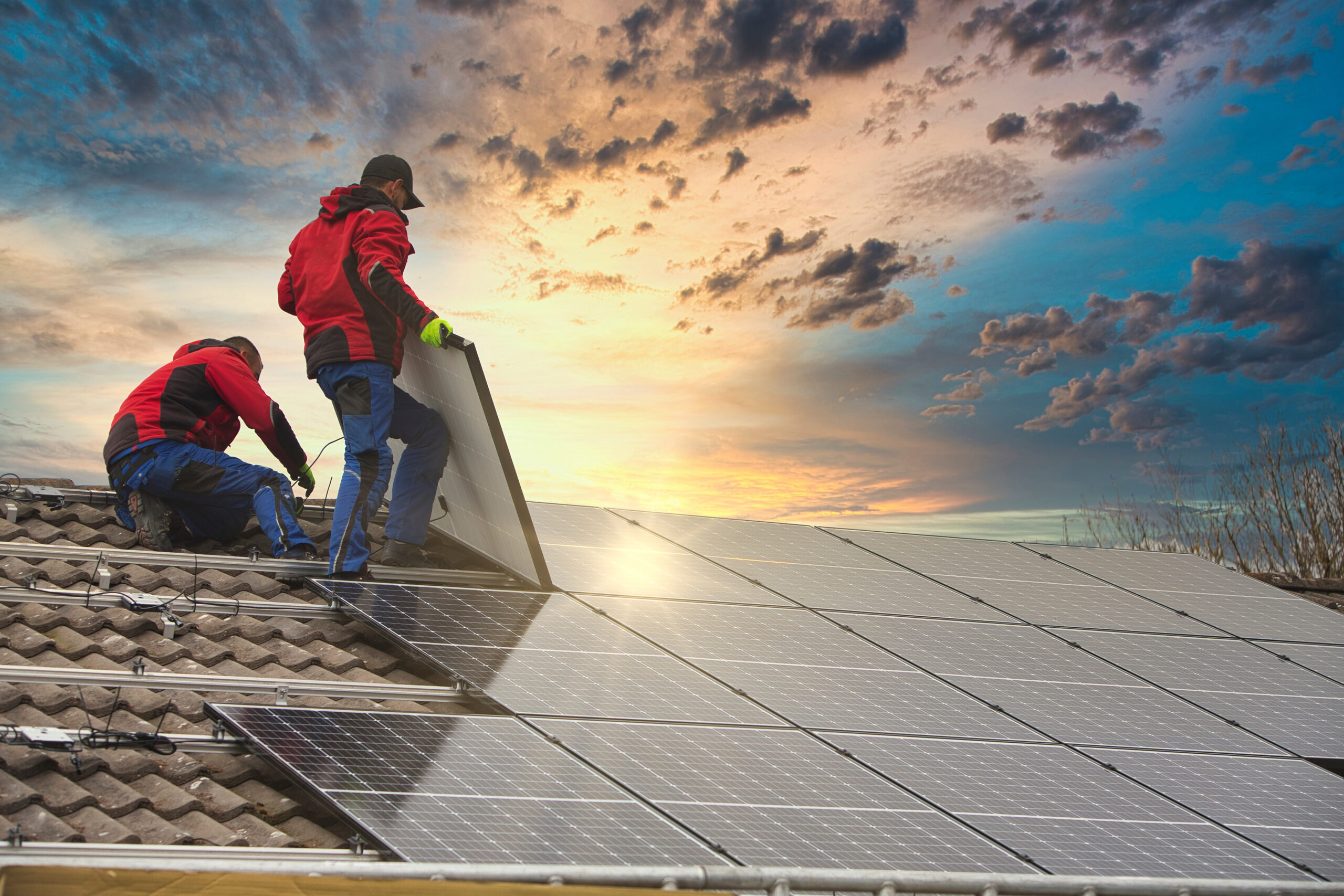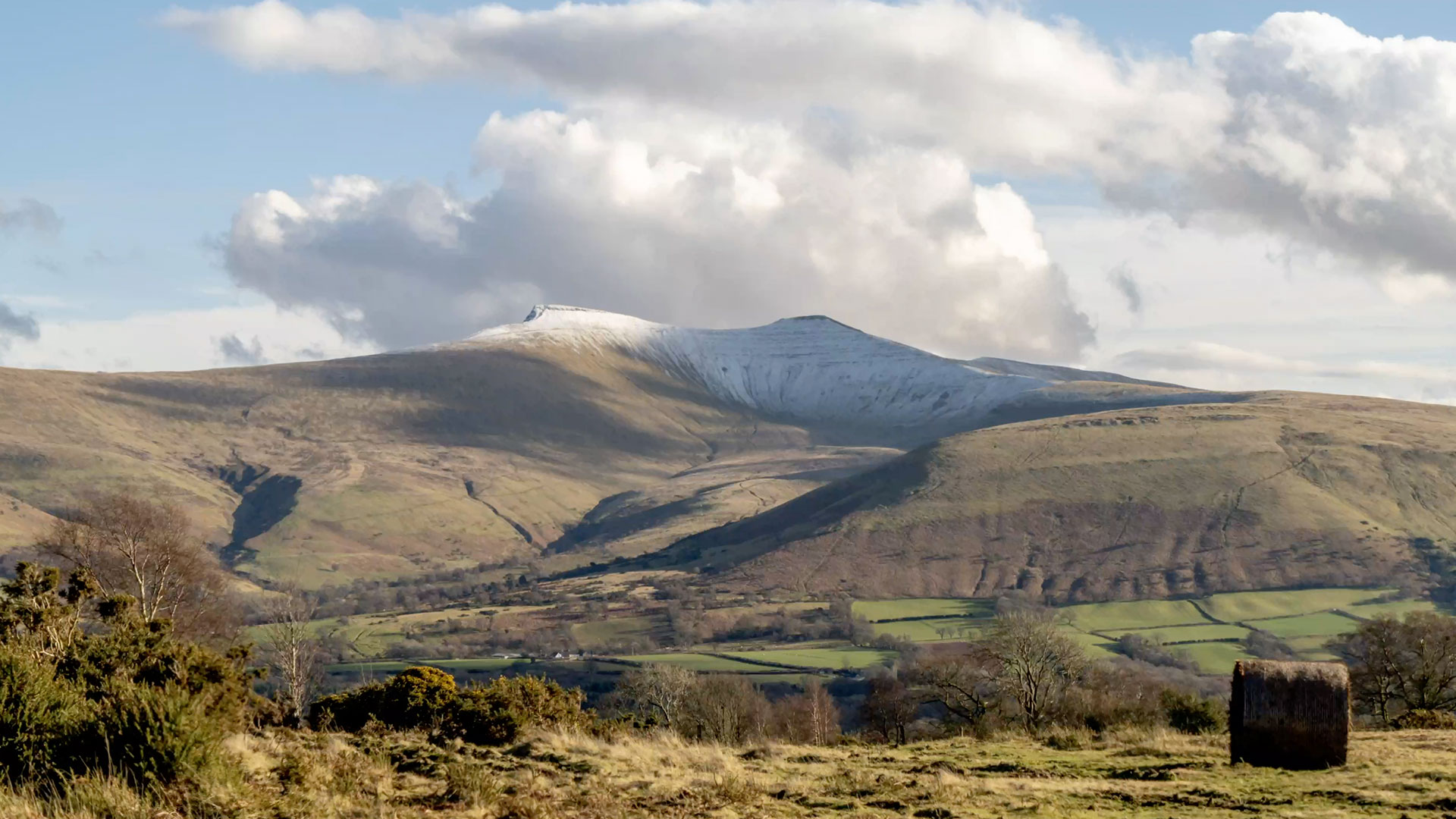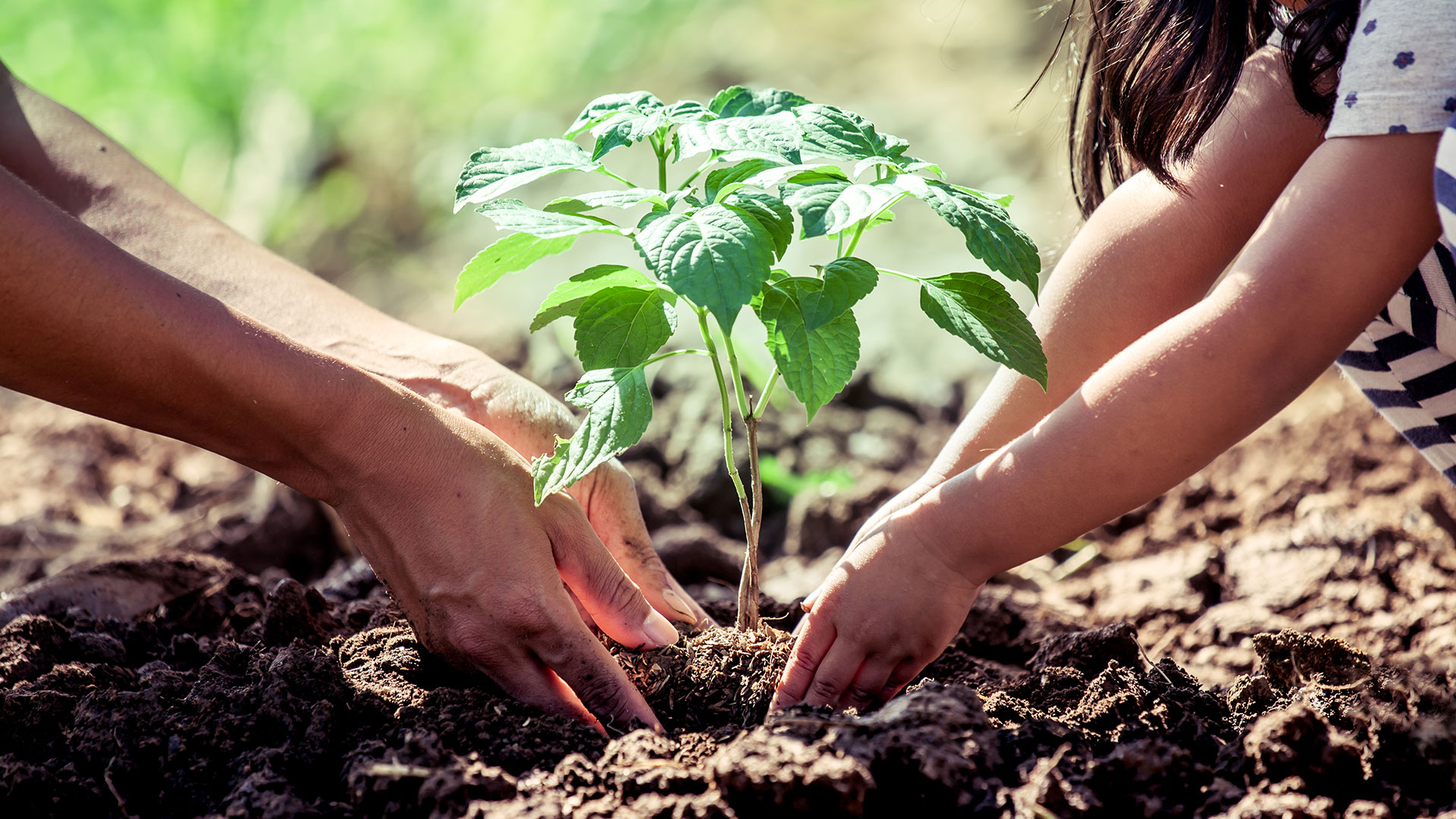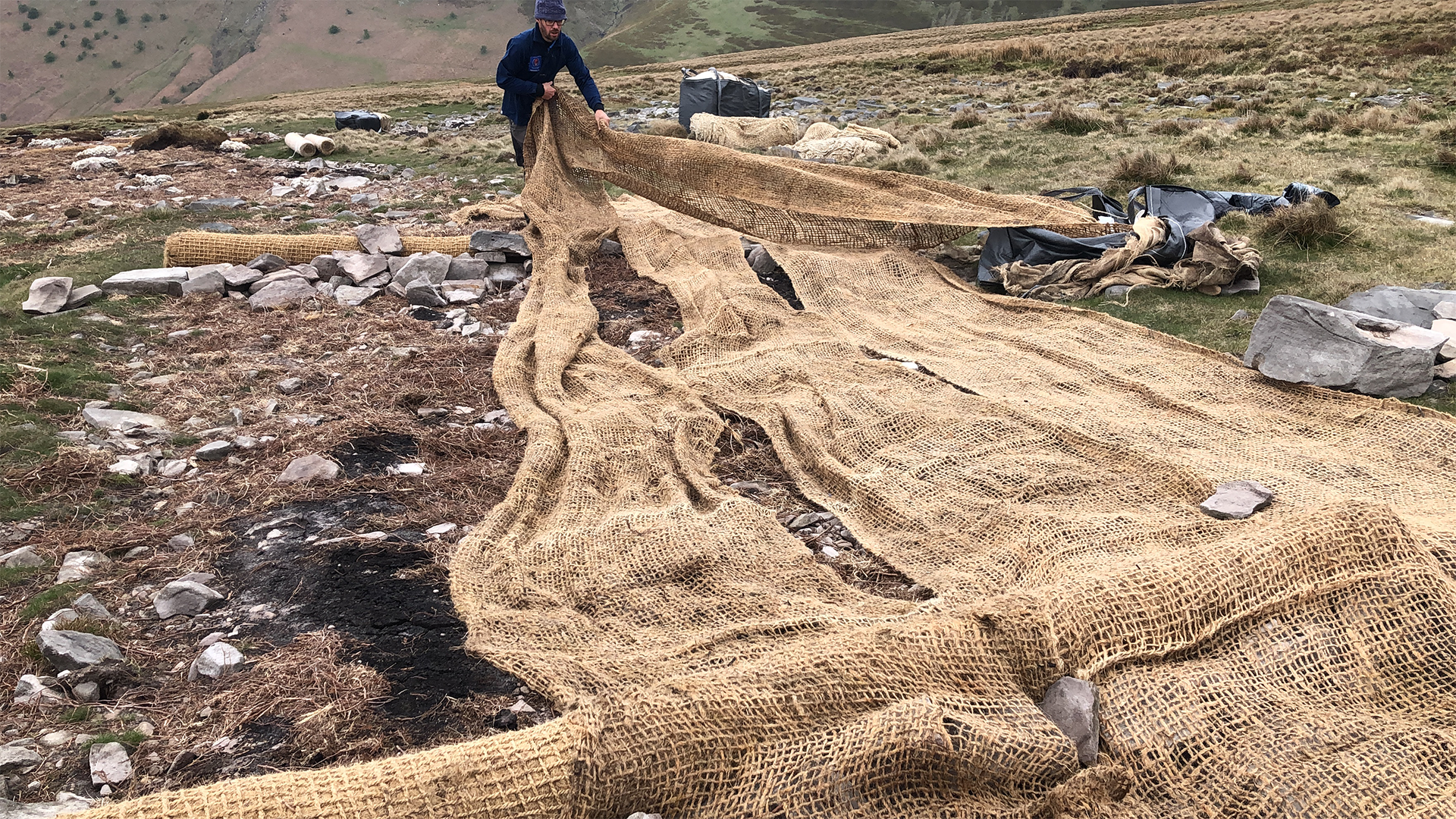Mission
By 2038
Decarbonisation

Sequestration

Adaptation

Climate
The foundation of civilisation is a stable climate and a rich diversity of life.
The Intergovernmental Panel on Climate Change has made clear that we are rapidly moving away from a safe climate for humanity on Earth, and this is the last possible decade for action to keep our planet inhabitable.
Already in the National Park we are experiencing the impacts of a destabilised climate – from extreme heat, drought and water scarcity, to extreme rainfall and flooding. This is affecting people’s well-being and livelihoods – from farming to public services and businesses- as well as impacting nature. Even if we take maximum action to reduce emissions now, we know that worsening impacts of climate change are inevitable. We need to take steps to adapt to unavoidable impacts.
Whilst this is a global crisis, we know that what we do here will make a difference. Activity within the National Park is disproportionately contributing to climate breakdown. The UK is in the top 20 highest carbon emitters per person in the world, and the average Bannau Brycheiniog resident’s carbon footprint is 20% higher than the average UK resident.
There are many changes we can make together that will reduce our impact on the climate whilst maintaining a high quality of life and restoring the natural environment we all rely on now and for future generations.
Some impacts of a changed climate are unavoidable and we need to plan to support people and nature to adapt.
The National Park has a huge potential and responsibility to be a carbon sink and we need to help nature to recover to fulfill this vital role. This must happen in a way that retains the most productive agricultural land for food production and is fair to farmers, and it must happen in a way that enhances our rich culture and local economy and protects the historic environment.
The Welsh Government has asked Bannau Brycheiniog (Brecon Beacons) National Park Authority to become an ‘exemplar’ in responding to the Climate Emergency.
We have been asked to engage with communities within the National Park, and with visitors, to develop emissions reduction solutions that deliver benefits for people and the environment. Our starting point has been to commission expert analysis of the carbon footprint of the National Park – the emissions we all produce through burning fossil fuels and consume through the products we buy here. We also had expert advice on the emissions reduction needed by everyone living and working in, and visiting, the National Park in line with the Paris Climate Agreement.
We will work in partnership with councils and other public bodies, businesses, farmers, voluntary organisations, citizen groups, communities and individuals to shape and realise the action needed.








